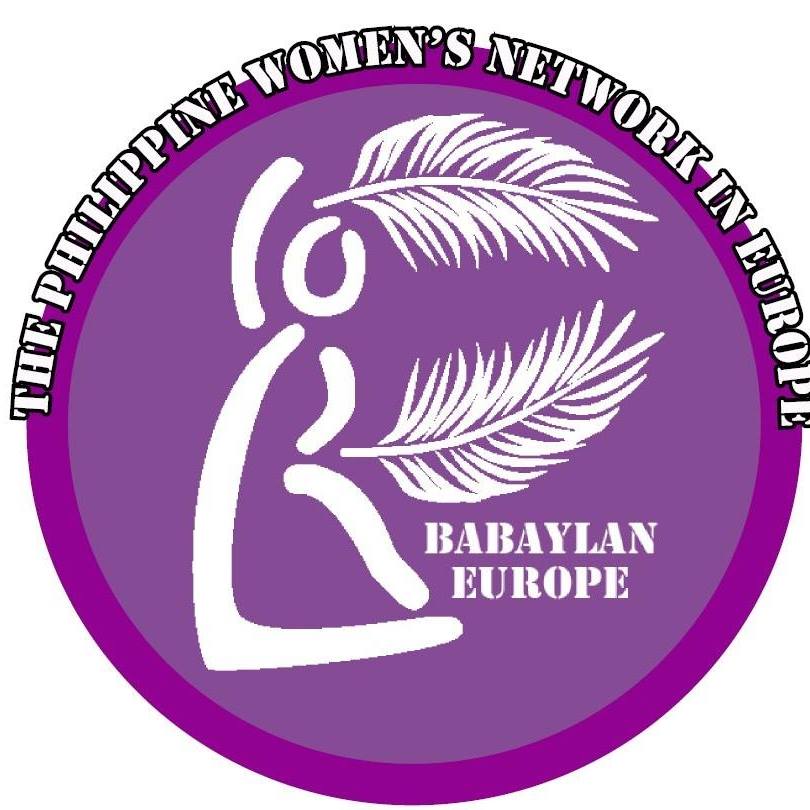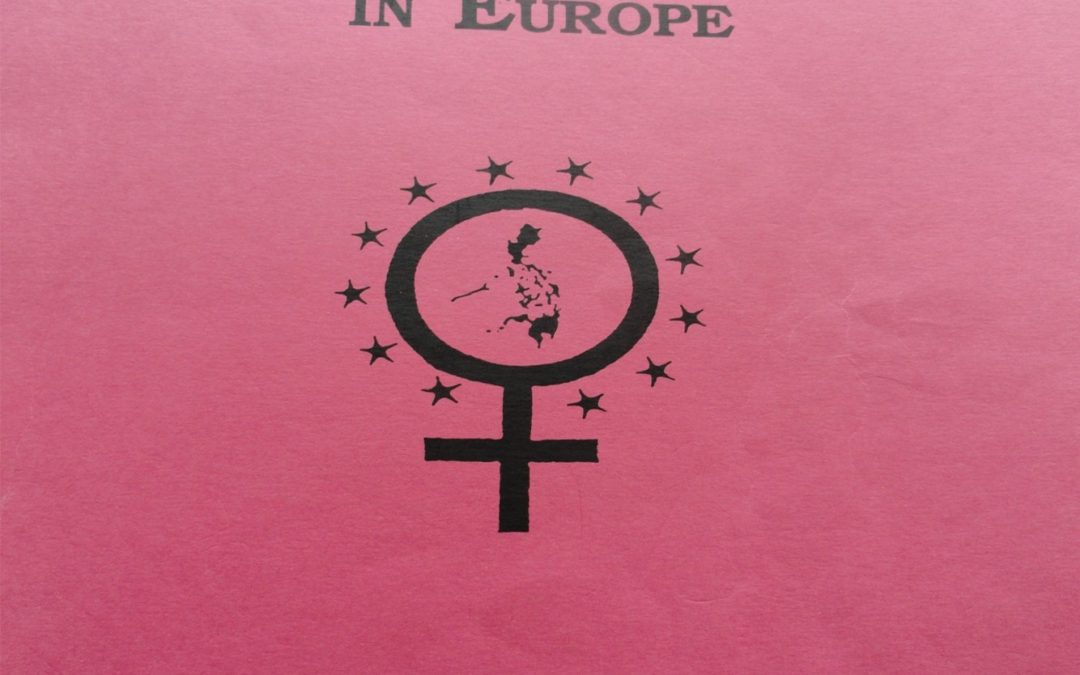In September 1992, the first Filipino Migrant Women’s Conference convened by the Commission for Filipino Migrant Workers, was held in Barcelona, Spain. It was aimed at empowering Filipinas by identifying the problems, finding solutions, and working out ways to implement its programs towards empowerment. It was attended by about 70 Filipinas from 11 European countries. Thus, BABAYLAN – A Philippine Women’s Network in Europe was born, composed of 35 Filipino migrant women’s organizations, groups, and women’s desks in Europe.
The Barcelona conference analyzed the root causes to the various problems brought about by a combination of socio-economic and political factors in the Philippines and Europe that push and pull women to migrate. Those attending the conference believed that this was also due to the unequal and unjust distribution of wealth and resources in the world. Another factor is the colonial culture ingrained by long years of colonization by the West; and the Philippine government’s failure to address decisively the problems of poverty as well as its other policies that encourage migration.
To address these problems, the Network has identified the following objectives:
- To work with other migrant women in Europe and to link with women’s organizations in the Philippines;
- To empower Filipinas in Europe to be able to demand for their own rights;
- To lobby to policy-making bodies in Europe that formulate policies affecting them;
- To demand from the Philippine government to repeal anti-migrant laws, to provide welfare services to overseas Filipinos and formulate rational economic development plans that will address basic problems of poverty instead of pushing the export of Philippine labor to the world to service foreign debts.
BABAYLAN conducted a Facilitator’s Training in May this year in Rome, Italy and was attended by 25 Filipinas from 13 European countries. It was the first project aimed not only to empower women but to give basic women’s orientation training relevant to the problems of migrant women; to strengthen them and to have a deeper understanding on feminism and women’s issues. An important part of the training was the formulation of training modules adaptable to country situations.
About the author: Charito Basa is a Council Member of BABAYLAN Network, at the Immigrant Women and Refugee Workshop in the UN Conference on Human Rights, Vienna, Austria on 18 June 1993.
This article was also published on the Feminist Archive Project‘s website.


Hi, this is a comment.
To get started with moderating, editing, and deleting comments, please visit the Comments screen in the dashboard.
Commenter avatars come from Gravatar.